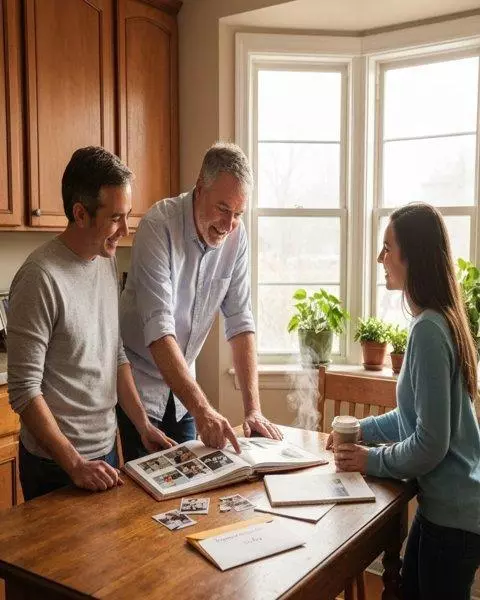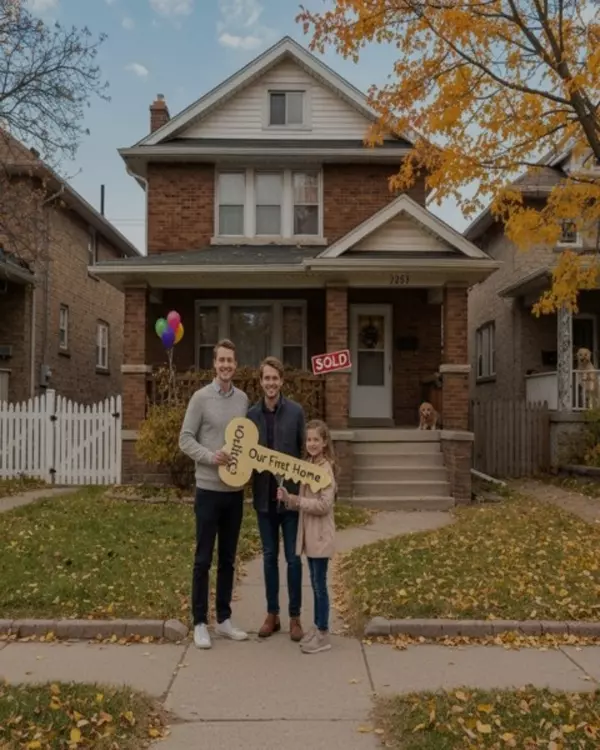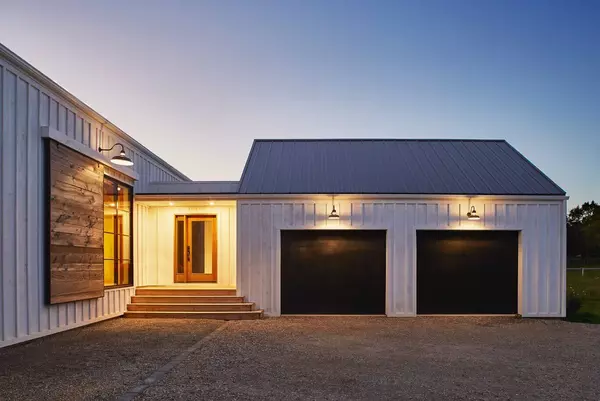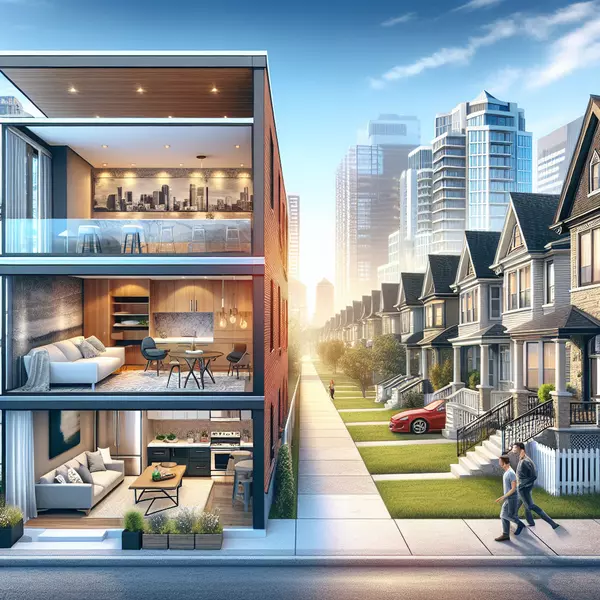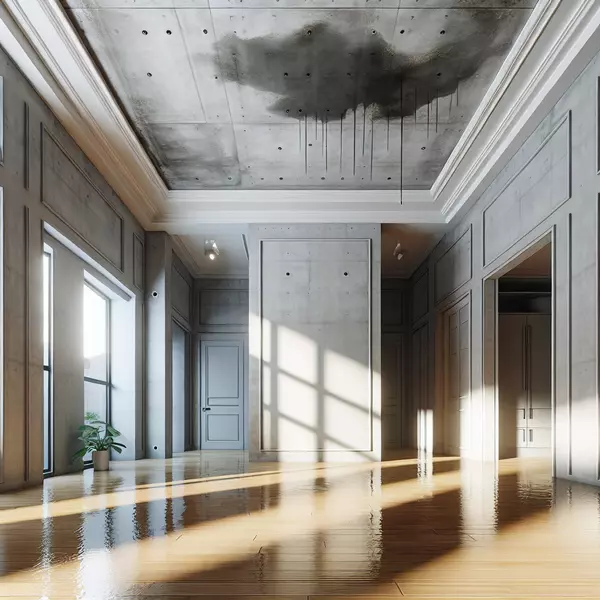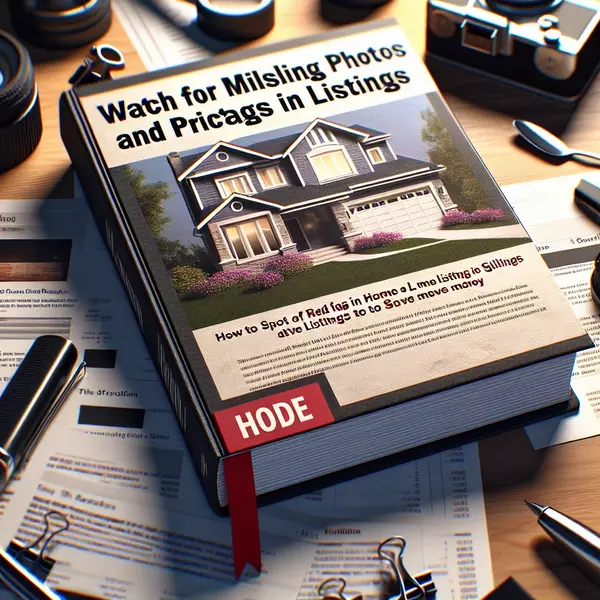Quick & Easy Budget Tips for Buying Your First Home in Winnipeg
Quick & Easy Budget Tips for Buying Your First Home in Winnipeg
When buying a first home in Winnipeg, managing your budget is key. If you're a professional with a good budget but need clear steps, this guide is for you. Let's break down easy budgeting tips so you can make your first home purchase smooth and stress-free.
Understand Your Financial Situation
Before you start searching for homes, it's important to know your financial standing. This means figuring out how much you earn and spend.
- Track Your Income: Summarize all your sources of income. This includes your main job, side jobs, and any other earnings.
- List Your Expenses: Write down all your monthly expenses, from rent and utilities to groceries and entertainment.
By doing this, you can see how much money you have left at the end of each month.
Set a Realistic Home Buying Budget
Once you understand your finances, the next step is to set a budget for your new home.
- Use the 28/36 Rule: Aim to spend no more than 28% of your monthly income on your mortgage, taxes, and insurance. Also, your total monthly debt payments should not exceed 36% of your income.
- Factor in Additional Costs: Remember, buying a home isn't just about the mortgage. There are other costs like closing fees, property taxes, and home maintenance.
Get Pre-Approved for a Mortgage
Getting pre-approved for a mortgage helps you understand how much you can borrow. It also makes you a more attractive buyer to sellers.
- Check Your Credit Score: A good credit score can help you get a better mortgage rate.
- Gather Financial Documents: Lenders will ask for documents like pay stubs, tax returns, and bank statements.
- Compare Lenders: Shop around to find the best mortgage rate and terms that suit you.
Save for a Down Payment
Saving for a down payment is crucial. The larger your down payment, the less you have to borrow, which means lower monthly payments.
- Set a Savings Goal: Aim for at least 20% of the home's price. This can help you avoid private mortgage insurance (PMI).
- Automate Savings: Set up automatic transfers to your savings account to build your down payment fund.
- Cut Unnecessary Expenses: Look at your budget and see where you can cut back. This could mean dining out less or canceling subscription services you don't use.
Research Winnipeg's Real Estate Market
Knowing the market can help you make smarter decisions.
- Understand Neighborhoods: Different neighborhoods in Winnipeg have different price points. Research areas that fit your budget and lifestyle.
- Watch Trends: Keep an eye on real estate trends. Are prices going up or down? This can influence when you choose to buy.
- Talk to a Real Estate Agent: An agent with local expertise can provide valuable insights. They know the market well and can help you find a good deal.
Budget for Moving and Settling In
Don't forget to budget for the move itself and getting settled in your new home.
- Calculate Moving Costs: This includes hiring movers, rental trucks, and packing supplies.
- Set Up Utilities: You'll need to set up electricity, water, internet, and other services in your new home.
- Initial Furnishing Costs: You may need to buy furniture, appliances, or other items to make your new house a home.
Stick to Your Budget
Once you have a budget, stick to it. Overspending can lead to financial stress down the road.
- Track Your Spending: Use apps or spreadsheets to keep an eye on your spending.
- Avoid Impulse Buys: Stick to your planned expenses and avoid unnecessary purchases.
Plan for the Future
Thinking ahead ensures you're prepared for changes down the road.
- Set Up an Emergency Fund: Aim to save three to six months' worth of living expenses. This fund can help you cover unexpected costs.
- Plan for Maintenance: Homes need ongoing care. Set aside money each month for maintenance and repairs.
By following these steps, you can successfully manage your budget and make your first home purchase in Winnipeg a positive experience. Happy house hunting!
Categories
Recent Posts

